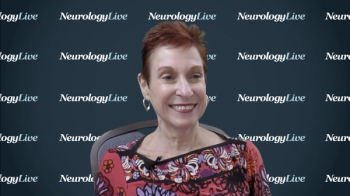
The professor of neurology, neurotherapeutics, and ophthalmology at UT Southwestern spoke about the potential of telemedicine in headache medicine, as well as the findings from a single-center, 45-patient study.

The professor of neurology, neurotherapeutics, and ophthalmology at UT Southwestern spoke about the potential of telemedicine in headache medicine, as well as the findings from a single-center, 45-patient study.

Despite ongoing discussion regarding the 6-item Headache Impact Test’s relevance in the migraine population—for which it was not specifically developed—the test has been shown to be a useful tool in the assessment of patients with migraine.
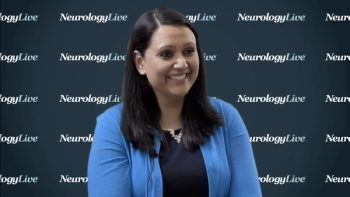
The director of the MedStar Georgetown Headache Center spoke about ubrogepant’s long-term safety and efficacy and its potential to fill the large gap that remains in acute migraine care.

All doses of Staccato alprazolam reduced the standardized photosensitivity range at 2 minutes; the effect was sustained for the 0.5 mg dose through 4 hours and 6 hours for the 1 mg and 2 mg doses.

Patients with migraine rated their telemedicine visits as more convenient with shorter visit times; two factors that can also benefit providers.

The group’s goal is for the clinical research community to develop an accurate, precise clinical test to predict brain injury recovery after resuscitation from cardiac arrest.

Survey data revealed 36% of patients with migraine with prescription medications were using opioids in acute management, though data also reinforced that receiving a diagnosis of migraine or chronic migraine was associated with a significantly decreased likelihood of opioid use.

As measured with the Migraine Disability Assessment, the proportion of patients with episodic migraine experiencing severe disability was reduced significantly, and Headache Disability Inventory scores were significantly reduced.

The prescription drug user fee act target date is scheduled for April 26, 2020.

Almost 20% of rimegepant-treated patients experienced pain freedom within 2 hours of receiving a 75-mg dose compared to the placebo group, in which 12% were pain-free at 2 hours.
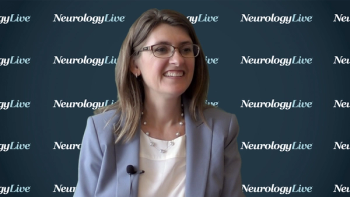
The pediatric neurologist and epilepsy specialist at Children’s Hospital Colorado spoke about the need to continue to research therapies once they’re approved to better understand their use, and how cannabidiol falls into this category.

Both the frequency of headache days and the intake of acute medication were decreased with the use of a daily, single 20-minute eTNS session over the course of 3 months in an open-label, monocenter, prospective pilot trial.

A phase 1/2 clinical trial is expected to be initiated in the second half of 2019.

An interview with a neurologist who found that merely writing medical articles cannot express the impact an illness can have on patients, both literally and emotionally.
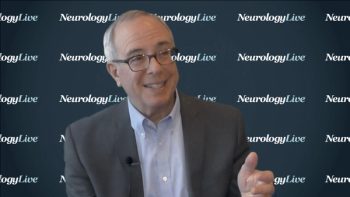
The director of the Jefferson Comprehensive Epilepsy Center spoke about the improvements that have come along with some of the surgical advancements in the treatment of epilepsy, specifically with laser interstitial thermal ablation.

Stephen D. Silberstein, MD, past AHS president and Editor in Chief of NeurologyLive, provides a preview of premier sessions that will take place at the upcoming annual meeting.

30 days post-treatment, the mean Fugl-Meyer score change was a significant 8.36 points and 7.86 points for the in-clinic and telerehabilitation groups, respectively.
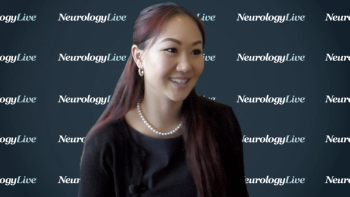
The neurology resident at the University of California San Francisco discussed how new wearable technology and electronic diaries have helped improve the understanding of seizure rhythmicity, and ultimately, epilepsy care.

Neurology News Network for the week ending July 6, 2019.

In order to improve patient care in epilepsy, physicians need a more consistent and cohesive method of recording patient seizure activity. As wearables get more sensitive and specific, using them in tandem with electronic seizure diaries may help address the challenge.

The neurological symptoms of migraine aura are generally attributed to cortical spreading depression/depolarization, although that hypothesis does have its detractors. The question of whether CSD triggers migraine headache remains controversial.
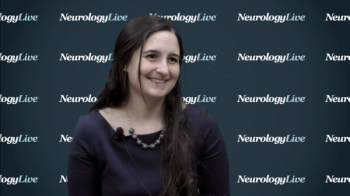
The staff neurologist at Cleveland Clinic’s Mellen Center for MS shared her insight into the use of telemedicine in an outpatient setting across a number of subspecialties in neurology and how it can supplement care going forward.

The MS neurologist at Cleveland Clinic’s Lou Ruvo Center for Brain Health discussed the impact that propensity score has had on real-world data analysis, the use of additional outcome measures in trials, and the increasing understanding of progressive disease.

Preclinical trials and success stories suggest that much is riding on vector-based therapies for the treatment of rare neurological conditions.
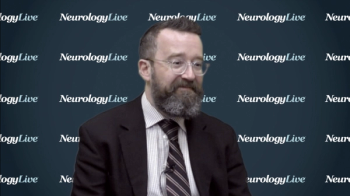
The head of neurology at the Sunnybrook Health Sciences Centre of the University of Toronto spoke about the limited available normative sleep data, and shared insight into the findings of the meta-analysis he and colleagues conducted of more than 150 studies.

A new analysis of NASR data suggests that the risk for sudden unexpected death in epilepsy exists across a broad range of epilepsies, including those patients who are seizure-free, have never had tonic-clonic seizures, or those diagnosed with a benign epilepsy syndrome.

The clinical assistant professor of neurology and neurosurgery at the University of Texas discussed the need to identify men who may be at risk for myasthenia gravis despite a lack of willingness to see their physician.

The neurology resident at the University of California San Francisco spoke about the role that seizure diaries can play in a patient’s peace of mind, as well as in the understanding of that patient’s response to a given treatment.
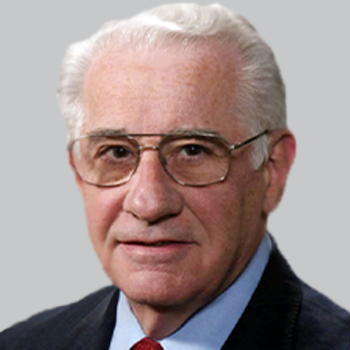
The entire 25-patient cohort from the NURTURE study was able to sit without support, while 88% were able to walk independently, according to new 45-month data in presymptomatic patients with spinal muscular atrophy.
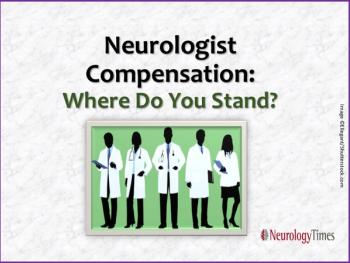
What does compensation for neurologists look like these days? Would you choose neurology all over again?